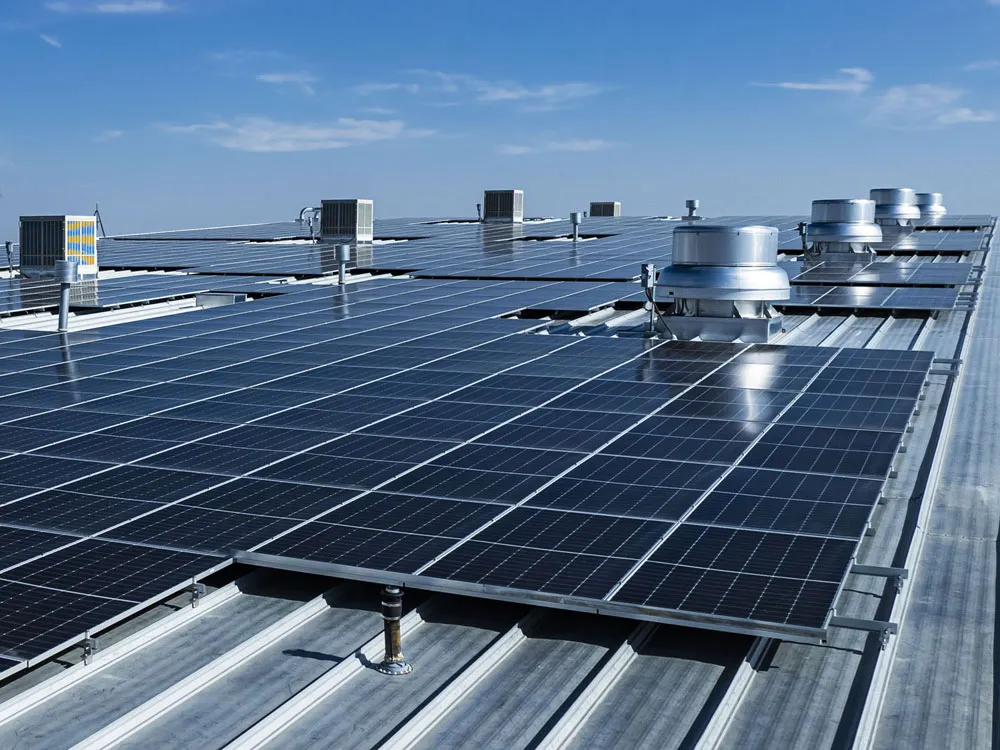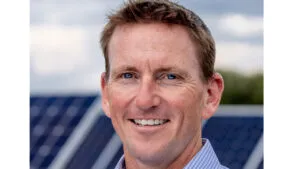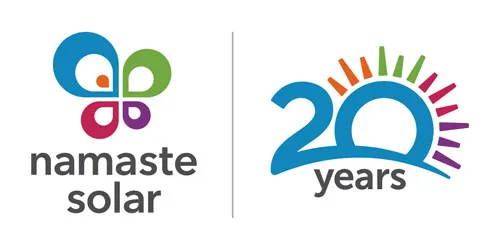Your Top Commercial Solar Questions, Answered

An increasing number of businesses are investing in solar to capture tax benefits, reduce operating expenses (OpEx), and meet code requirements. To get you started, we’ve answered the most common questions below.
Are there any incentives to go solar?
Federal Investment Tax Credit (ITC): Taxable entities can recoup 30% of the investment for the year the system is placed in service, and the Inflation Reduction Act includes tax credit adders which can increase the credit up to 70%.
Bonus Depreciation: 40% of the asset may be depreciated in the first year for systems placed in service in 2025. The value is 21%-34% of system price depending on the owner’s effective tax rate.
Xcel Commercial & Industrial Solar*Rewards Program: Should you choose to sell your Renewable Energy Credits (RECs) to Xcel Energy, they will pay for the production of your system for a 20-year term at the following rates:
• 8-250 kWAC = $0.04/kWh
• 250.1-500 kWAC = $0.0475/kWh
• 500.1 kW-1 MWAC = $0.045/kWh
Utility Savings: Every kWh produced by solar reduces what you buy from the utility, lowering OpEx.
Increased property value: REC income increases net operating income (NOI), and therefore building value.
What is the typical payback period for solar?
A typical 200-kW commercial solar system in Xcel Energy breaks even in 6-9 years, then provides 21-24 years of pre-paid clean energy.
What is the most common solar system in the Denver market?
Rooftop systems are the most common and cost-effective type of solar installation in our market.
Carports are another option for commercial property owners that will protect vehicles from the sun and elements, such as hail. While they are about double the cost of a rooftop system, they offer additional benefits:
• Covered parking can generate revenue.
• Greater visibility of your system.
• Pairs well with installing electric vehicle (EV) charging stations.
Ground-mount systems are more efficient but more expensive and not as common due to the required land.
Does solar make sense if I don’t occupy my building?
Solar is beneficial to both property owners and tenants in gross or NNN leases.

Francis Walker is a Commercial Solar Project Developer with Namaste Solar with more than 6 years of experience developing commercial solar projects in Colorado. He’s worked with all types of installation solutions for a wide variety of properties, including Multifamily, Office buildings, land development, municipalities and non-profits. Francis’ mission is to deliver the most efficient, innovative, transparent and high-quality customer experience while providing the greatest environmental and financial benefits to his clients and their communities.

